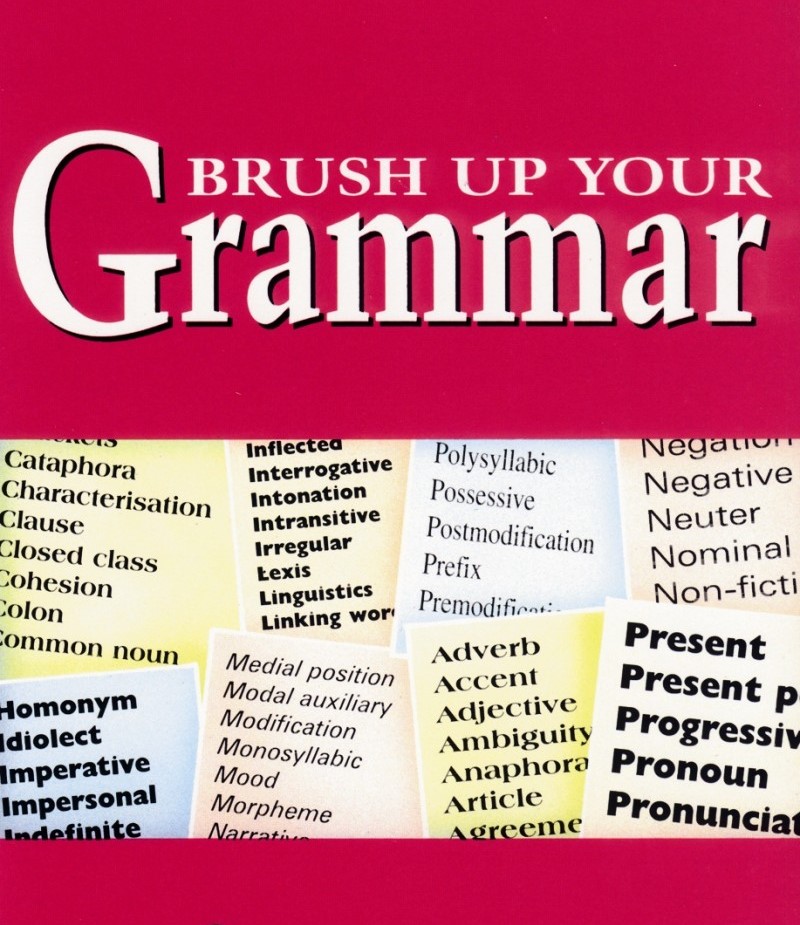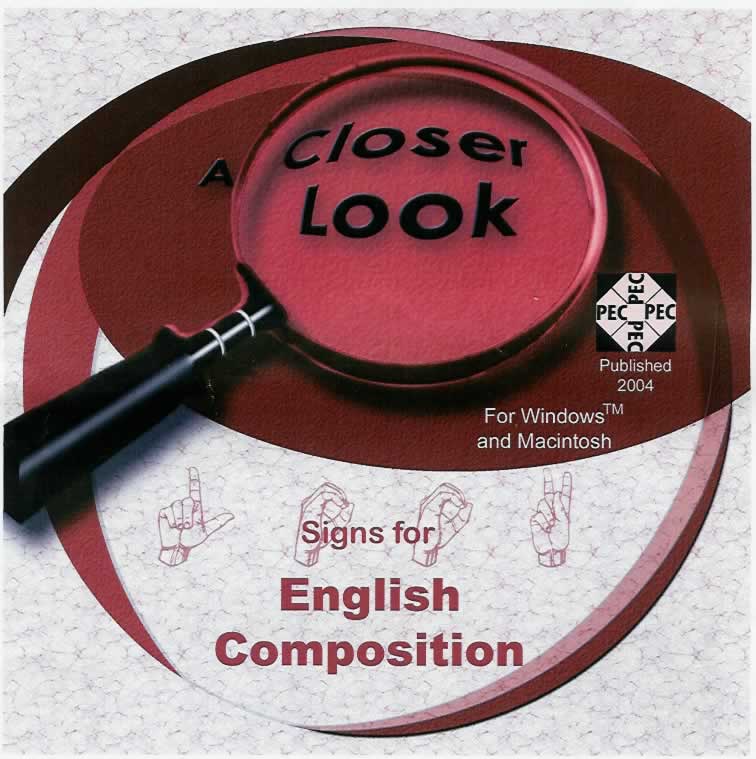首先,不讀過於艱難的教材,在測試前,你在閱讀上的階段任務是提高你的閱讀速度,而不是增加字彙量。
其次,“瀏覽”的文章的主要思想。有時候,你沒有必要徹底閱讀整篇文章。你需要做只的是“瀏覽”文章迅速獲得文章大意 你不須要詳細閱讀它的每一個單字。
最後,你應該學會“掃描”,針對特定的關鍵詞來尋找你的答案。換句話說,當你“掃描”作文答案,你不須要精讀整個段落。例如:當你所尋找的只是某個事件的日期和時間,你就沒有理由浪費您的時間閱讀整個段落。
因此,記得這3個步驟:
(1)easy 容易: pick easy materials to read 挑容易的文章練習閱讀
(2)skim 瀏覽: skim for the main ideas 大致瀏覽找出文章大意
(3)scan 掃描: scan for the specific info 快速掃瞄找出目標資訓
希望這篇 blog 能對你準備 TOEIC 有所幫助...!!!
(AK Lee)
First of all, do not read overly difficult materials prior to the test, read easy ones instead. The goal of this section is to increase your reading speed, not to increase your vocabulary.
Secondly, try to "skim" for the main ideas of the essays. Sometimes, you do not have to read the whole thing thoroughly. All you need to do is to "skim" the essay quickly to obtain the main ideas of the story without reading every single word of it.
Lastly, you should learn to "scan" for specific key words to locate your answers. In other words, when you are "scanning" the essay for answers, you are NOT reading the passage. For example: when all you need to answer a question is the date & time of a certain event, there is no reason to waste your time reading through the whole passage.
So keep these 3 steps in mind:
(1) easy: pick easy materials to read
(2) skim: skim for the main ideas
(3) scan: scan for the specific info
Hope this may help...!!!
(by AK Lee)

 常
常



 美國一家四星級全功能飯店的客戶服務經理 及 財務總監 (屬於 Executive Committee 一員) 我每天要跟上百名的客戶及員工用英語溝通
美國一家四星級全功能飯店的客戶服務經理 及 財務總監 (屬於 Executive Committee 一員) 我每天要跟上百名的客戶及員工用英語溝通 
